
This book is designed to introduce you to writing programs with the Go programming language. You'll learn how to write useful tools and applications that can run on remote servers, or local Windows, macOS, and Linux systems for development.
The topics that it covers include how to:
- Install and set up a local Go development environment on...

This open book highlights the complexities around making adaptation decisions and building resilience in the face of climate risk. It is based on experiences in sub-Saharan Africa through the Future Climate For Africa (FCFA) applied research programme. It begins by dealing with underlying principles and structures designed to facilitate effective e...

This open book engages with the response-ability of science education to Indigenous ways-of-living-with-Nature. Higgins deconstructs the ways in which the structures of science education - its concepts, categories, policies, and practices - contribute to the exclusion (or problematic inclusion) of Indigenous science while also shaping its ability r...
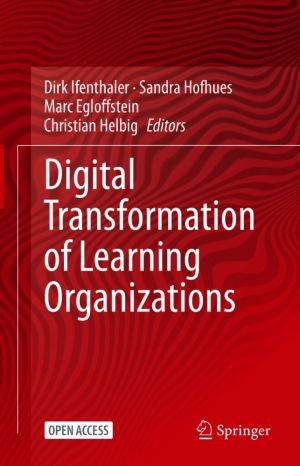
This open volume provides insight into how organizations change through the adoption of digital technologies. Opportunities and challenges for individuals as well as the organization are addressed.
It features four major themes:
1. Current research exploring the theoretical underpinnings of digital transformation of organizations.
2. Insights into...

This open access book explores the amazing similarity between paths taken by people and many other things in life, and its impact on the way we live, teach and learn.
Offering insights into the new scientific field of paths as part of the science of networks, it entertainingly describes the universal nature of paths in large networked structures. ...

This open book presents the findings of Collaborative Research Center Transregio 40 (TRR40), initiated in July 2008 and funded by the German Research Foundation (DFG). Gathering innovative design concepts for thrust chambers and nozzles, as well as cutting-edge methods of aft-body flow control and propulsion-component cooling, it brings together fu...
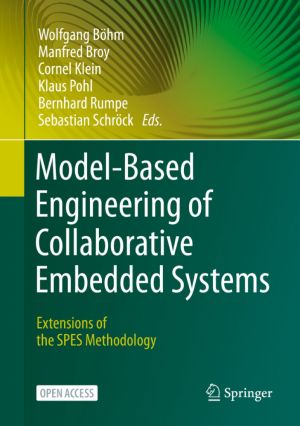
This open book presents the results of the "Collaborative Embedded Systems" (CrESt) project, aimed at adapting and complementing the methodology underlying modeling techniques developed to cope with the challenges of the dynamic structures of collaborative embedded systems (CESs) based on the SPES development methodology.
In order to ma...

The open book provides a critical account of parenthood in Polish society. It uses a qualitative perspective to show how mothers and fathers engage with parenthood and also function in the labour market. Parenting in contemporary Poland is not only affected by individual preferences and choices, but significantly by the institutional context, in pa...

This open book describes and reviews the development of the quality control mechanisms and methodologies associated with IEA's extensive program of educational research. A group of renowned international researchers, directly involved in the design and execution of IEA's international large-scale assessments (ILSAs), describe the operatio...

This open book describes how elite studies theoretically and methodologically construct their object, i.e. how particular conceptualizations of elites are turned into research practice using different methods for collecting, dealing with and analyzing empirical data. The first of four sections focuses on what Mills named the power elite and include...
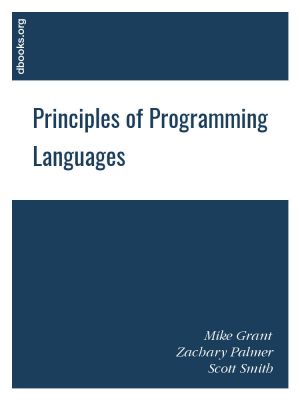
In this open book, our goal is to study the fundamental concepts in programming languages, as opposed to learning a range of specific languages. Languages are easy to learn, it is the concepts behind them that are difficult. The basic features we study in turn include higher-order functions, data structures in the form of records and variants, muta...
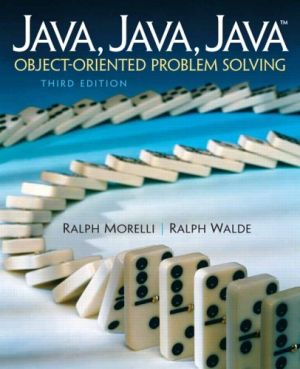
Functional and flexible, this guide takes an objects-first approach to Java programming and problem using games and puzzles. Offers independent introductions to both a command-line interface and a graphical user interface (GUI). Features coverage of Unified Modeling Language (UML), the industry-standard, object-oriented design tool. Illustrates key...
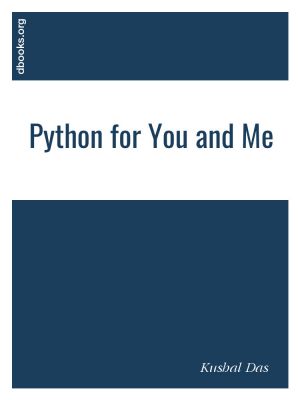
This is a simple open book to learn Python programming language, it is for the programmers who are new to Python.
Python is an interpreted, high-level and general-purpose programming language. Python consistently ranks as one of the most popular programming languages. Large organizations that use Python include Wikipedia, Google, Yahoo, CERN, NA...

The Hegemony of Heritage makes an original and significant contribution to our understanding of how the relationship of architectural objects and societies to the built environment changes over time. Studying two surviving medieval monuments in southern Rajasthan - the Ambika Temple in Jagat and the Ékalingji Temple Complex in Kailaspuri - the aut...
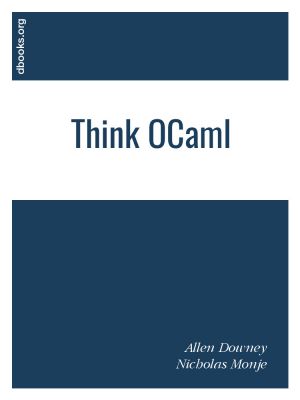
How to Think Like a Computer Scientist is an introductory programming book based on the OCaml language. It is a modified version of Think Python by Allen Downey. It is intended for newcomers to programming and also those who know some programming but want to learn programming in the function-oriented paradigm, or those who simply want to learn OCam...
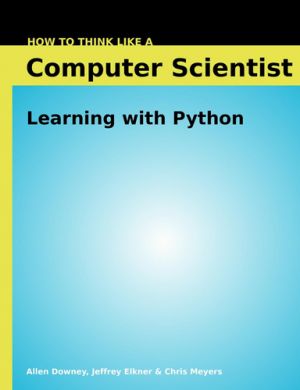
How to Think Like a Computer Scientist: Learning with Python - is an introduction to computer science using the Python programming language. It covers the basics of computer programming, including variables and values, functions, conditionals and control flow, program development and debugging. Later chapters cover basic algorithms and data structu...
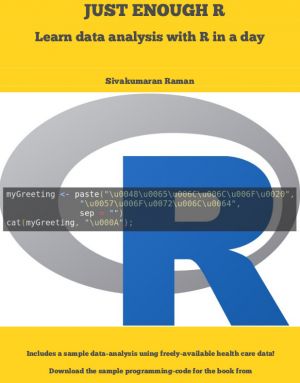
If your job involves working with data in any manner, you cannot afford to ignore the R revolution! If your domain is called data analysis, analytics, informatics, data science, reporting, business intelligence, data management, big data, or visualization, you just have to learn R as this programming language is a game-changing sledgehammer.
How...

This book integrates the vital areas of object-orientation, functional programming, design patterns, and language design. The most important concepts from functional programming are captured with six design patterns: FUNCTION OBJECTS (Black-box behaviour parameterisation) LAZY OBJECTS (Evaluation-by-need semantics) VALUE OBJECTS (Immutable values) ...
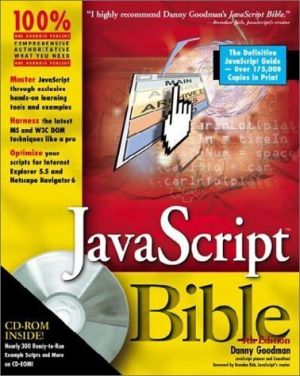
Greatly enhanced and updated from the third edition, this is the title any JavaScripter cannot afford to be without! JavaScript Bible, 4th Edition covers the new powerful functionality JavaScript will gain with the release of new revs of Internet Explorer and Netscape Communicator. This book features essential new JS information, additional ready-t...
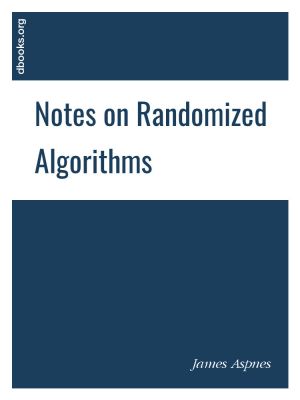
Lecture notes for the Yale Computer Science course CPSC 469/569 Randomized Algorithms. Suitable for use as a supplementary text for an introductory graduate or advanced undergraduate course on randomized algorithms. Discusses tools from probability theory, including random variables and expectations, union bound arguments, concentration bounds, app...
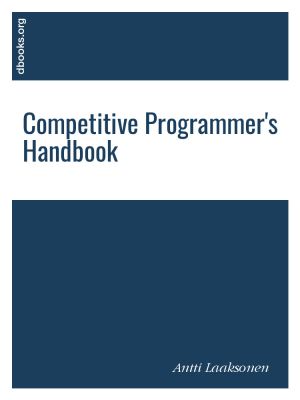
The purpose of this book is to give you a thorough introduction to competitive programming. It is assumed that you already know the basics of programming, but no previous background in competitive programming is needed.
The book is especially intended for students who want to learn algorithms and possibly participate in the International Olympi...
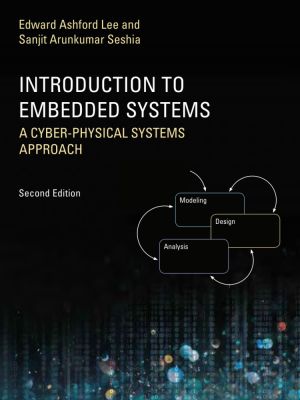
An introduction to the engineering principles of embedded systems, with a focus on modeling, design, and analysis of cyber-physical systems.
The most visible use of computers and software is processing information for human consumption. The vast majority of computers in use, however, are much less visible. They run the engine, brakes, seatbelts,...
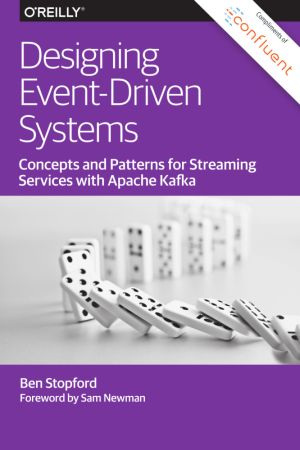
Many forces affect software today: larger datasets, geographical disparities, complex company structures, and the growing need to be fast and nimble in the face of change. Proven approaches such as service-oriented and event-driven architectures are joined by newer techniques such as microservices, reactive architectures, DevOps, and stream process...
